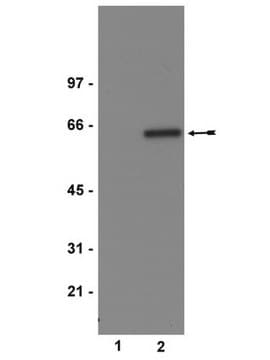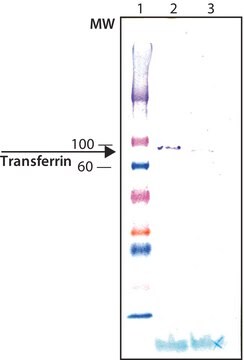05-796
Anti-Akt1/PKBα Antibody, clone AW24, rabbit monoclonal
clone AW24, Upstate®, from rabbit
About This Item
Recommended Products
biological source
rabbit
Quality Level
antibody form
purified antibody
antibody product type
primary antibodies
clone
AW24, monoclonal
species reactivity
human, mouse, rat
manufacturer/tradename
Upstate®
technique(s)
immunoprecipitation (IP): suitable
western blot: suitable
isotype
IgG
NCBI accession no.
UniProt accession no.
shipped in
dry ice
target post-translational modification
unmodified
Gene Information
human ... AKT1(207)
Specificity
Immunogen
Application
Signaling
PI3K, Akt, & mTOR Signaling
Quality
Target description
Physical form
Storage and Stability
Legal Information
Disclaimer
Not finding the right product?
Try our Product Selector Tool.
recommended
Storage Class Code
10 - Combustible liquids
WGK
WGK 1
Regulatory Listings
Regulatory Listings are mainly provided for chemical products. Only limited information can be provided here for non-chemical products. No entry means none of the components are listed. It is the user’s obligation to ensure the safe and legal use of the product.
JAN Code
05-796:
Certificates of Analysis (COA)
Search for Certificates of Analysis (COA) by entering the products Lot/Batch Number. Lot and Batch Numbers can be found on a product’s label following the words ‘Lot’ or ‘Batch’.
Already Own This Product?
Find documentation for the products that you have recently purchased in the Document Library.
Our team of scientists has experience in all areas of research including Life Science, Material Science, Chemical Synthesis, Chromatography, Analytical and many others.
Contact Technical Service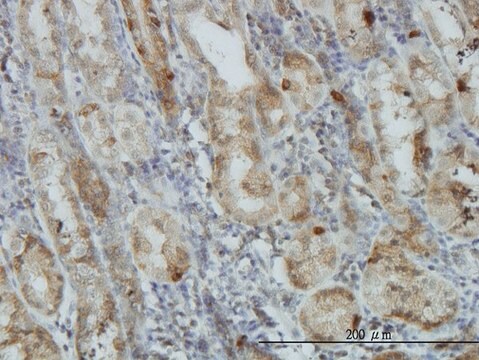
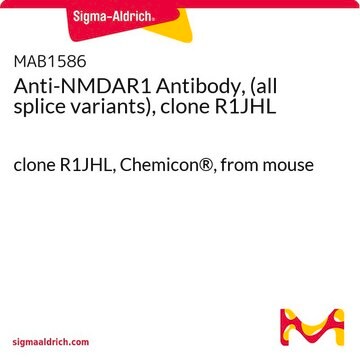
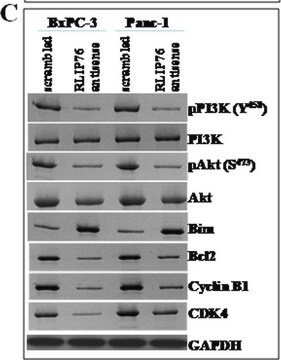

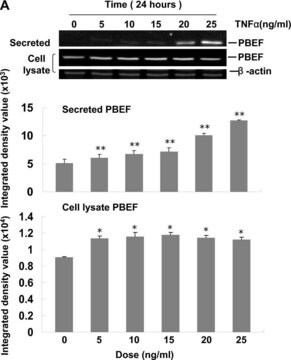
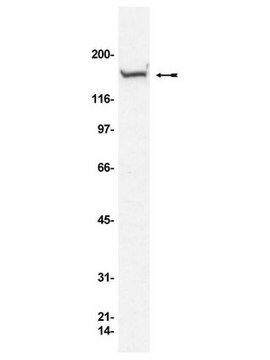
![Anti-Integrin αM [CD11b] Antibody, clone OX-42 clone OX-42, Chemicon®, from mouse](/deepweb/assets/sigmaaldrich/product/images/658/396/c01fc480-dd82-42b9-9735-b53d97a11b17/640/c01fc480-dd82-42b9-9735-b53d97a11b17.jpg)
